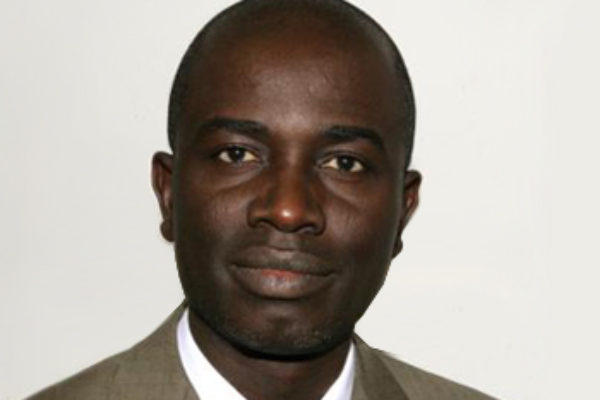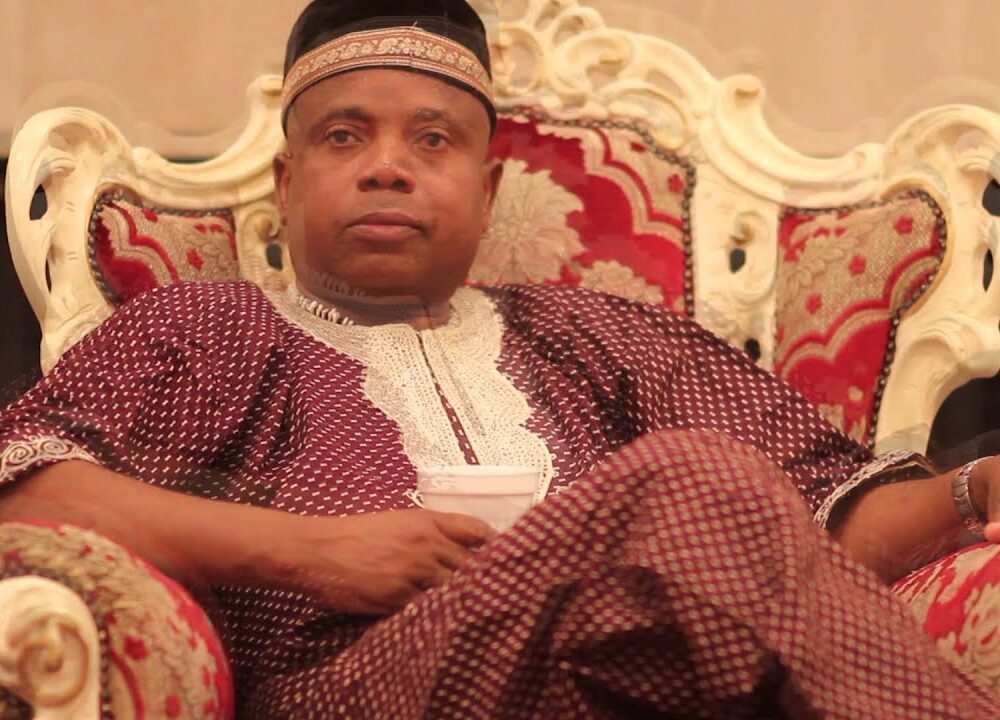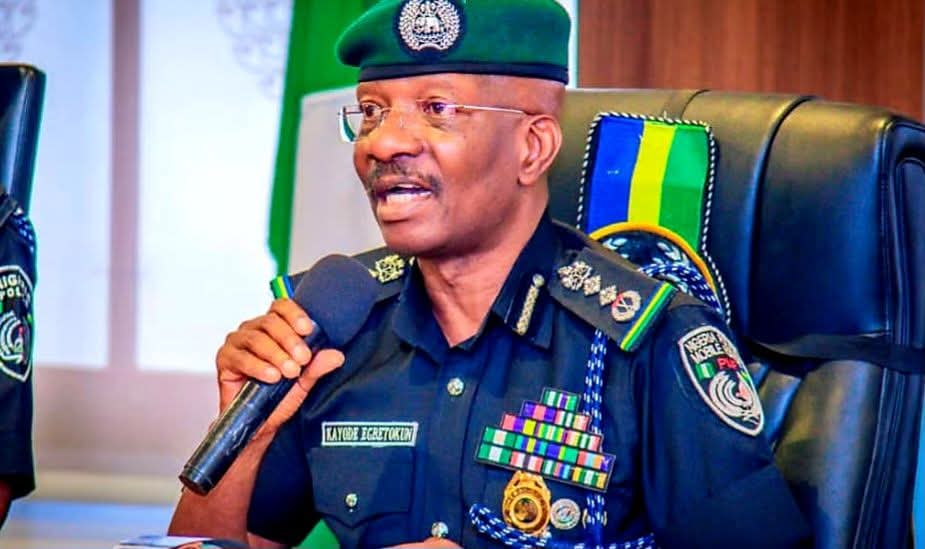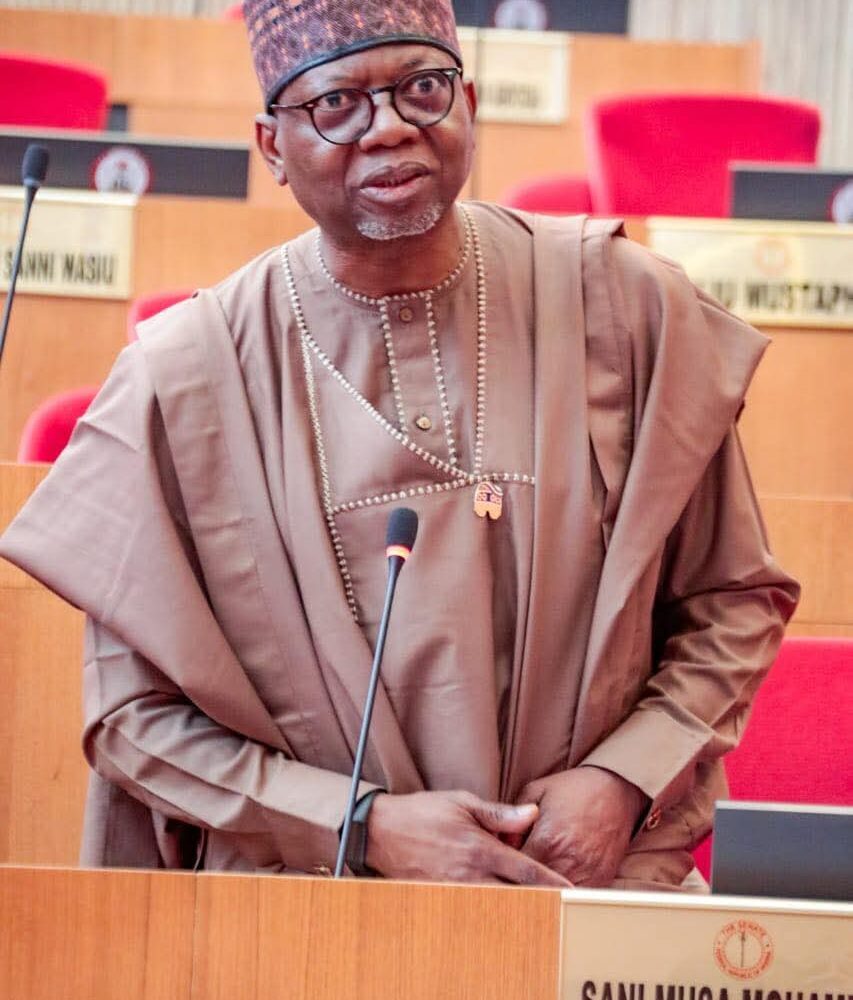A young Lagosian friend was in Abuja last week and decided to pay me a visit. I had not seen her for a long time so when welcoming her, I joked, “Eyinlokan” (meaning it’s your turn, in reference to the inauguration of President Bola Ahmed Tinubu which she had earlier told meWgWW >.<:-O:-\ brought her to town).
But she interjected, “Uncle Segun, you are in the old; the slogan now is ‘awalawanbe’”, (meaning, ‘we are now fully in charge’ or to put it in pidgin, ‘we full ground remain’). Since we often learn important lessons from jokes, my concern is that under the current dispensation ‘Awalawanbe’ can connote either service for the public good or hubris.
President Tinubu came to office with a pledge to take tough decisions – exactly what times like this demand if Nigeria is to overcome its enormous challenges. That he has started to act in such direction is also not in doubt.
The author, Olusegun Adeniyi
The author, Olusegun Adeniyi
With just four cynical words, “fuel subsidy is gone”, Tinubu may have succeeded where his predecessors failed. On Monday, the last (and biggest) resistance on the issue of fuel subsidy removal fell with the decision by the Nigeria Labour Congress (NLC) to suspend its nationwide strike earlier scheduled to commence yesterday. In deference to the judgement of the National Industrial Court, the NLC opted to join negotiations with the federal government.
But as Professor Olatunji Dare pointed out in his column on Tuesday, the usual ‘palliatives’ will not do for the most vulnerable Nigerians. “The protections (that the federal government needs to offer) will have to be substantial, well-targeted, and delivered transparently,” he wrote.
I believe that for the first time, Nigerians have resigned themselves to the reality that the fuel subsidy regime is indeed gone. As an aside, I learnt during the week that in the sociology department of a Nigerian University, one ‘Ogbologbo’ lecturer has already tasked his students to write a term paper on ‘The impact of fuel subsidy removal on inter-state adultery’!
Meanwhile, fighting corruption may not have been a campaign issue for Tinubu but I have a feeling that he may be the one who dismantles the architecture of this wholesale corruption in Nigeria. If you successfully remove the subsidy element from the downstream sector of the petroleum industry and free the exchange rate of scandalous arbitrage, those two actions alone could take away as much as 50 percent of the public private partnership (PPP) corruption in Nigeria.
We can then begin to deal with the equally monumental retail corruption that feeds from abuse of power and lack of transparency and accountability in the public space. For those who may not understand how subsidy enables unwholesome practices, they can go through my 857-page e-book, ‘The Verbatim Report: The Inside Story of the Fuel Subsidy Scam’ published in 2013. It is available on my web portal, olusegunadeniyi.com for free download.
However, now that he has succeeded in removing the fuel subsidy, it would pay the president to also extend ‘tough decisions’ to his own immediate family. Nothing erodes the credibility of a Nigerian leader as quickly as when family members constitute themselves into principalities and powers. Unlike Lagos, Abuja is a small town where there are no secrets.
And inside Aso Rock, there are flies on every wall (perhaps the ubiquitous ‘demons’ that my friend, Reuben Abati keeps talking about). Already, tales abound of entitled persons who want to create ‘Office of The First Son’, ‘Office of The First Daughter’, ‘Office of The First Cousin’ etc. It is in the interest of the president to crush such inordinate ambitions before they become a problem for him and his administration.
The early days represent the most important period for any government in Nigeria because that is when appointments are made. It is also a period for signaling. Already, Abuja is filled with the usual job seekers, so this is also the season for influence peddlers.
Displaying ‘Awalawanbe’ by people who were not on the ballot on 25th February will be counterproductive for Tinubu and his administration. Even if we discount the controversy that trailed his election, Tinubu still came to office with 37 percent of the total votes cast.
That means almost two thirds of Nigerians who exercised their franchise on 25th February did not vote for him.
Statistically, that is a very narrow mandate. Yet, with less than two weeks in office, he has succeeded in getting Nigerians to bear the pains and disruptions associated with the removal of fuel subsidy. That is a big gesture that the president and his handlers should not misread.
Under his predecessor, there were shadow presidents (young and old) who carved out empires for themselves and were engaged in all kinds of shenanigans. But given the contradictions in his personal and political life, Tinubu would not get away with such infractions.
The challenge of the moment is how he can rise above himself to establish a legacy that could cleanse his past sins and prepare him for heroic statesmanship. It is not impossible.
If Tinubu runs a minimally credible government with sensible policies that promote economic recovery and national unity, he may regain elite solidarity and consensus. If his policies improve the general welfare of ordinary people, his popular support will also improve and blur his electoral and personal handicaps.
For that to happen, President Tinubu needs to be ‘aware’ of what is going on around him at this most critical period! Read more.
You can follow me on my Twitter handle, @Olusegunverdict and on www.olusegunadeniyi.com.





